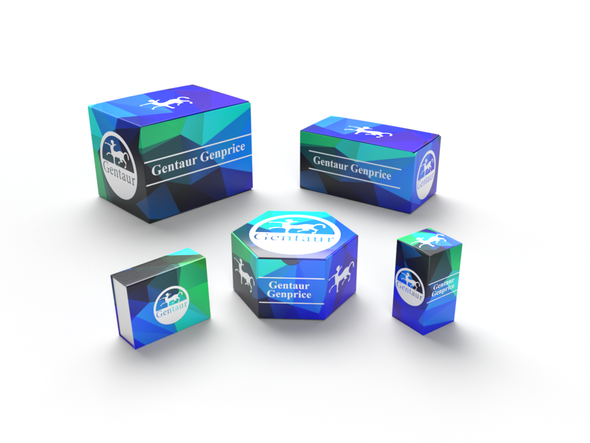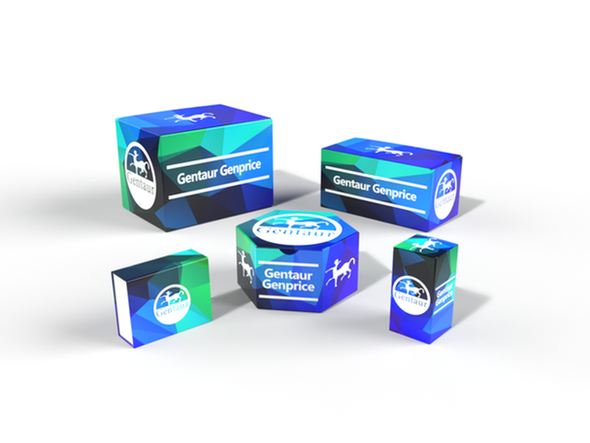740
Mouse Tumor necrosis factor receptor superfamily member 4 (TNFRSF4) ELISA Kit | AE13996MO
- SKU:
- 740-AE13996MO
- Availability:
- Usually ships in 5 working days
Description
Mouse Tumor necrosis factor receptor superfamily member 4 (TNFRSF4) ELISA Kit | AE13996MO | Gentaur UK, US & Europe Distribution
Species Reactivity: Mouse (Mus musculus)
Abbreviation: TNFRSF4
Alternative Name: RP5-902P8.3; ACT35; CD134; OX40; TXGP1L; ATC35 antigen|CD134 antigen|OX40 antigen|OX40 cell surface antigen|OX40 homologue|lymphoid activation antigene ACT35|tax-transcriptionally activated glycopro
Application: ELISA
Range: Request Information
Sensitivity: Request Information
Intra-Assay: ≤5.2%
Inter-Assay: ≤10.2%
Recovery: 0, 92
Sample Type: Serum, Plasma, Other biological fluids
Detection Method: Sandwich
Analysis Method : Quantitive
Test Principale: This assay employs a two-site sandwich ELISA to quantitate TNFRSF4 in samples. An antibody specific for TNFRSF4 has been pre-coated onto a microplate. Standards and samples are pipetted into the wells and anyTNFRSF4 present is bound by the immobilized antibody. After removing any unbound substances, a biotin-conjugated antibody specific for TNFRSF4 is added to the wells. After washing, Streptavidin conjugated Horseradish Peroxidase (HRP) is added to the wells. Following a wash to remove any unbound avidin-enzyme reagent, a substrate solution is added to the wells and color develops in proportion to the amount of TNFRSF4 bound in the initial step. The color development is stopped and the intensity of the color is measured.
Product Overview: This protein is a member of the TNF-receptor superfamily. This receptor has been shown to activate NF-kappaB through its interaction with adaptor proteins TRAF2 and TRAF5. Knockout studies in mice suggested that this receptor promotes the expression of apoptosis inhibitors BCL2 and BCL2lL1/BCL2-XL, and thus suppresses apoptosis. The knockout studies also suggested the roles of this receptor in CD4+ T cell response, as well as in T cell-dependent B cell proliferation and differentiation.
Stability: The stability of ELISA kit is determined by the loss rate of activity. The loss rate of this kit is less than 5% within the expiration date under appropriate storage condition. The loss rate was determined by accelerated thermal degradation test. Keep the kit at 37°C for 4 and 7 days, and compare O.D.values of the kit kept at 37°C with that of at recommended temperature. (referring from China Biological Products Standard, which was calculated by the Arrhenius equation. For ELISA kit, 4 days storage at 37°C can be considered as 6 months at 2 - 8°C, which means 7 days at 37°C equaling 12 months at 2 - 8°C) .






